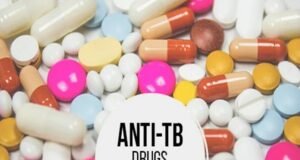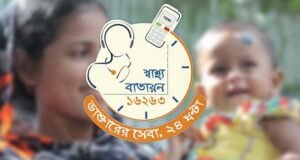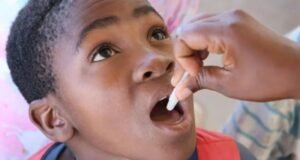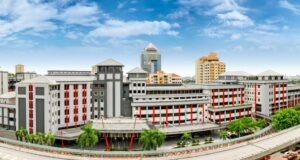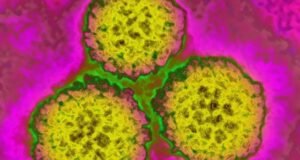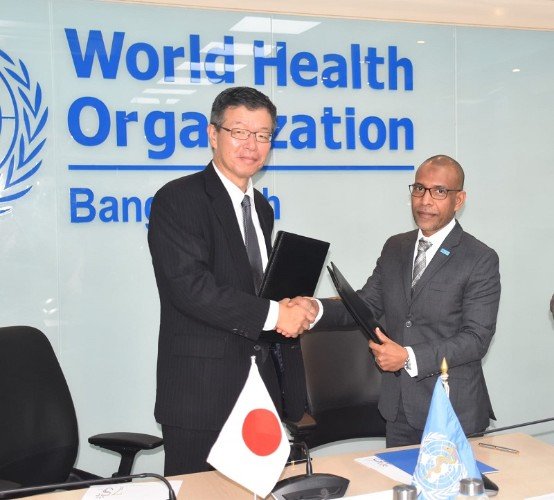
The government of Japan has allocated $3.2 million (JPY 500 million) to support WHO’s (World Health Organization) efforts aimed at reducing morbidity and preventable mortality among the Rohingya refugees and host community in Cox’s Bazar and Bhasan Char.
An exchange of notes was signed by Saida Shinichi, Ambassador of Japan to Bangladesh, and Dr Ahmed Jamsheed Mohamed, the World Health Organization (WHO) Representative in Bangladesh.
The new collaboration between the Government of Japan and WHO will enable the provision of essential health services to over one million people in Cox’s Bazar, Bangladesh.
The Rohingya humanitarian crisis has continued over the past eight years and remains one of the world’s largest protracted crises, WHO said on Thursday.
Since the onset of the emergency in August 2017, Japan has been a significant supporter of the response to the Rohingya humanitarian crisis in Bangladesh, contributing over USD $240 million to UN agencies and NGOs in the country.
WHO set up its operations in Cox Bazar district in September 2017, and continues to lead the health sector response that brings together 70+ humanitarian agencies jointly working to promote, provide and protect the health of these vulnerable populations.
Rohingya refugees face high vulnerability due to reliance on humanitarian health services and increased exposure to natural hazards and epidemic-prone diseases such as cholera, hepatitis and dengue.
Half of the refugees are under 18 years old, and 51% are female, indicating higher vulnerability to the challenging living conditions inside the camps.
In line with the Joint Response Plan, the WHO-Japan joint project will focus on enhancing the health capacity in Cox’s Bazar and Bhasan Char Island.
This project will be pivotal in addressing the gaps for ensuring equitable access to quality healthcare services for the Rohingya and host communities, while promoting health and well-being at both the individual and community levels.
Additionally, the project will strengthen and sustain the WHO-led Health Sector’s capacity for preparedness, public health surveillance, and response to epidemic-prone diseases.
Key activities will include capacity-strengthening for health actors at different levels, procurement of essential supplies to support screening and treatment for communicable disease (notably for Hepatitis C to tackle the ongoing outbreak), monitoring and evaluation of the available healthcare services, and operational research on disease trends and transmission patterns in the area.
The project will be implemented over 12 months and is expected to serve 1.1 million Rohingya refugees and nearby host community.
During the signing ceremony at the WHO office in Dhaka, the Ambassador of Japan said, “I’m pleased that my government contributes to WHO response when the fundraising is critical. I’m hopeful that this plan will ensure equitable access to healthcare services and improve the health and living conditions for Rohingya refugees and host communities.”
He said Japan will continue to work towards sustainable solutions and will cooperate with international organizations such as WHO.
The WHO Representative said the generous support of Japan will enable WHO to continue ensuring access to critical health services for the Rohingya refugees and host community in Cox’s Bazar and Bhasan Char, in close coordination with the Government of Bangladesh and health partners.
“We thank the Government of Japan for the trust expressed, and their continued efforts to support the Rohingya refugee response in Bangladesh.”
This contribution from the Government of Japan will further support Bangladesh in its efforts to achieve the health-related Sustainable Development Goals outlined in the 2030 Agenda.
 Weekly Bangla Mirror | Bangla Mirror, Bangladeshi news in UK, bangla mirror news
Weekly Bangla Mirror | Bangla Mirror, Bangladeshi news in UK, bangla mirror news


